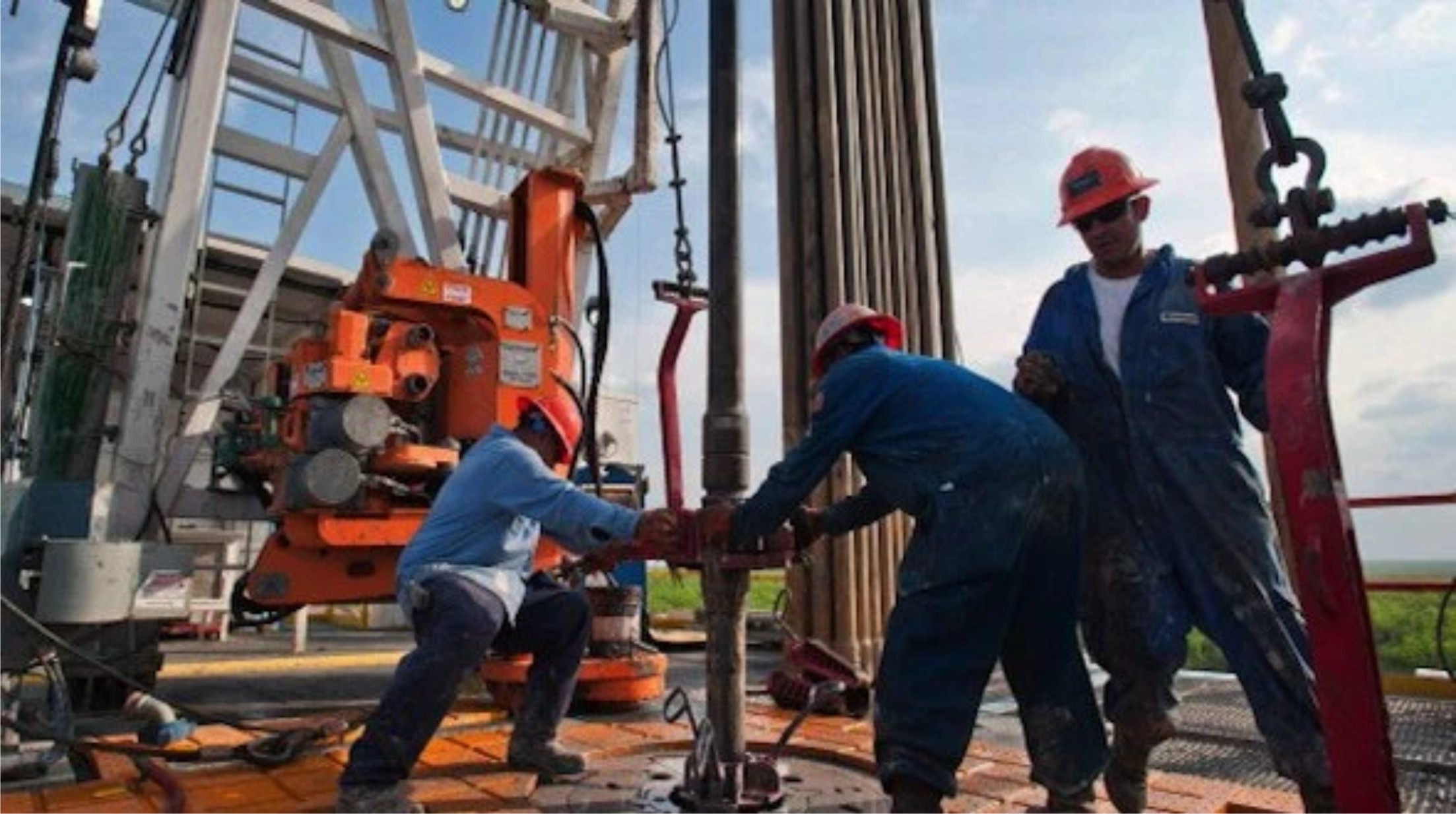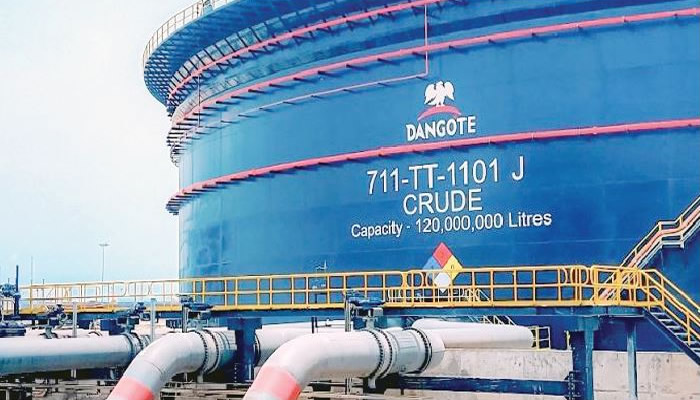
Keep up with the latest news and be part of our weekly giveaways and airtime sharing; follow our WhatsApp channel for more updates. Click to Follow us
Nigeria’s crude oil production costs have raised concerns among stakeholders, with the country spending not less than N1.57tn on crude oil production monthly, translating to about N18tn annually.
According to data from the Nigerian Upstream Petroleum Regulatory Commission (NUPRC), the minimum cost of producing a barrel of crude oil in Nigeria is about $25. With an average crude production of 1.4 million barrels per day, the country spends around $35m daily on crude oil production.
“This is a significant amount, and it’s affecting our revenue,” said James Faleke, Chairman of the House of Representatives Committee on Finance. “If crude oil is sold for about $80 on the international market, only $32 would be available to the government to share with oil companies.”
Faleke noted that the high production cost is hurting the nation’s revenue, adding that the cost of producing crude oil per barrel in Nigeria is the highest in the world.
The NUPRC has disclosed that one of its action plans in 2025 is to reduce the production cost to $20 a barrel. “Efforts to reduce the cost of asset acquisition to help lower overall production costs have also been in motion,” the commission said.
Mele Kyari, Group Chief Executive Officer of the Nigerian National Petroleum Company (NNPC), blamed the high average cost of production per barrel on insecurity and other sundry issues. “Security means everything to the oil and gas sector. Insecurity doesn’t stop the oil and gas industry from operating, but what it does is that it adds a premium to the cost of production,” Kyari said.
The NUPRC has identified many factors contributing to the high production costs, including outdated facilities, pipelines, and storage systems. “Oil theft and pipeline vandalism are another setback that impacts operational costs in the sector. Nigeria understands it must develop urgent solutions to curb these menaces and continue to show its determination to address them,” the commission said.
The regulator emphasised that reducing the production cost to $20 per barrel is crucial to making Nigeria’s oil sector more competitive and attractive globally. “Lowering production costs will make Nigeria’s oil sector a more appealing destination for foreign and domestic capital. This can inspire the country to compete more effectively with other oil-producing nations and retain a share of the global market,” the NUPRC said.
The commission noted that the stakes for Nigeria to achieve the objective are high, and although it is not an easy task, the short and long-term benefits of a reduction in production cost cannot be overstated. “An increased profitability would ultimately benefit both operators and the sector, potentially leading to higher tax revenues and royalty payments. A combination of these factors can significantly boost Nigeria’s foreign exchange reserves and strengthen its resilience in the global oil market,” the report said.
The NUPRC’s efforts to reduce production costs are part of a broader strategy to revitalise the oil sector and make it more competitive globally. “Since its emergence as the regulatory powerhouse in the upstream sector, the NUPRC has wasted no time in embracing the task of tackling existing challenges,” the commission said.
The regulator’s 10-year roadmap, which was launched in 2023, aims to address the challenges facing the oil sector and make it more efficient and competitive. “In 2024, in a shorter-term focus initiative under the broader decade-long Strategic Plan, the NUPRC effectively rolled out its Regulatory Action Plan, with one of its key objectives being to lower the production cost per barrel of oil to at least $20,” the commission said.
Industry stakeholders have welcomed the NUPRC’s efforts to reduce production costs, saying it is a step in the right direction. “The NUPRC’s efforts to reduce production costs are laudable, and we support their initiatives,” said a spokesperson for the Petroleum Products Retail Outlets Owners Association of Nigeria (PETROAN).
However, some stakeholders have expressed concerns that the NUPRC’s target of reducing production costs to $20 per barrel may be ambitious. “While we support the NUPRC’s efforts to reduce production costs, we think the target of $20 per barrel may be too ambitious,” said a spokesperson for the Oil Producers Trade Section (OPTS) of the Lagos Chamber of Commerce and Industry.
Despite the challenges, the NUPRC remains committed to reducing production costs and making the oil sector more competitive globally. “We are determined to achieve our target of reducing production costs to $20 per barrel, and we are working tirelessly to make it a reality,” said the NUPRC’s spokesperson.
The success of the NUPRC’s efforts to reduce production costs will have a significant impact on the oil sector and the Nigerian economy as a whole. “If we can reduce production costs to $20 per barrel, it will make a significant difference to the oil sector and the Nigerian economy,” said a spokesperson for the Ministry of Petroleum Resources.
As the NUPRC continues to work towards reducing production costs, industry stakeholders and the Nigerian government are eagerly waiting to see the outcome of their efforts. “We are watching the NUPRC’s efforts to reduce production costs with great interest, and we hope they will be successful,” said a spokesperson for the Nigerian National Petroleum Company (NNPC).
Please don’t forget to “allow the notification” so you will be the first to get our gist when we publish it.
Drop your comment in the section below, and don’t forget to share the post.







